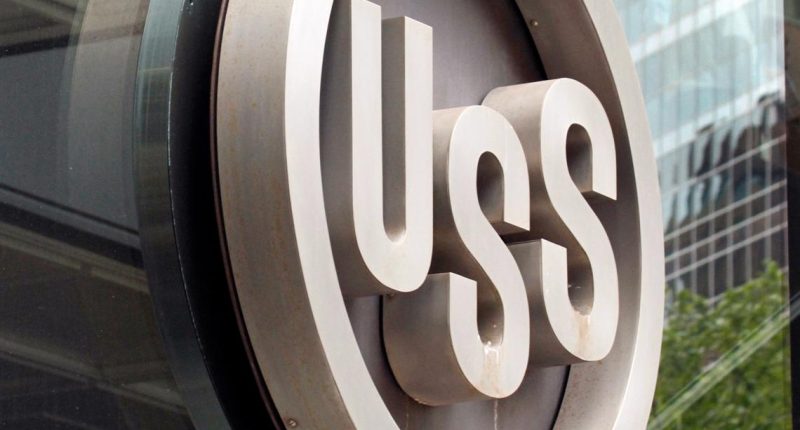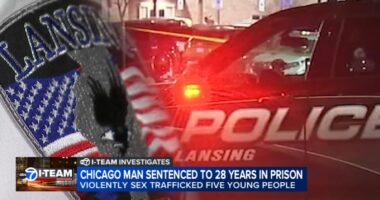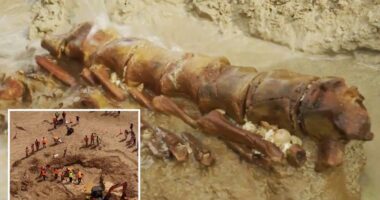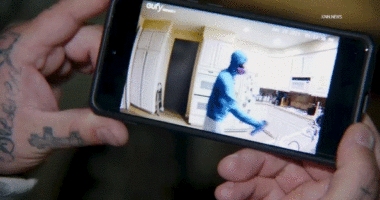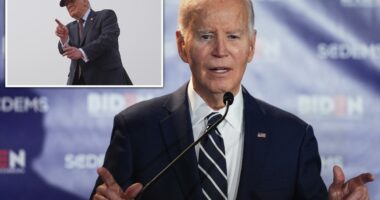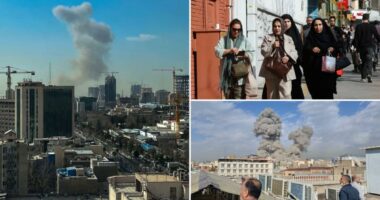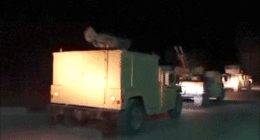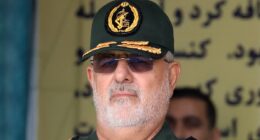Share this @internewscast.com
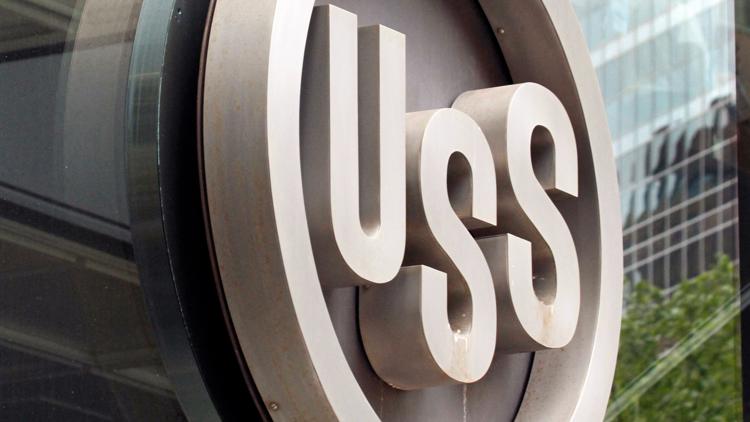
Trump’s statement Friday left it vague as to whether he’s approving Nippon Steel’s bid after vowing to block it.
WASHINGTON — President Donald Trump announced on Friday that U.S. Steel will maintain its headquarters in Pittsburgh. This move is part of what he termed a “planned partnership” that could indicate his approval of Japanese company Nippon Steel’s potential sizable investment in the renowned American steel producer, possibly even resulting in an outright purchase.
Despite his announcement, Trump’s remarks did not clearly confirm if he is sanctioning Nippon Steel’s proposal, given his previous promises to block any deal that would lead to foreign ownership of U.S. Steel.
Recently, Trump hinted that Nippon Steel might invest in, rather than purchase, U.S. Steel. Additionally, a union official on Friday mentioned that the federal government might play a role in the company’s management moving forward. Yet, investors interpreted Trump’s comment as indicative of a merger, causing U.S. Steel’s stock to climb. The companies involved released statements reflecting their approval of the prospect.
Nippon Steel said the partnership is a “game changer — for U.S. Steel and all of its stakeholders, including the American steel industry, and the broader American manufacturing base.” U.S. Steel said it “will remain American, and we will grow bigger and stronger through a partnership with Nippon Steel that brings massive investment, new technologies and thousands of jobs over the next four years.”
Nippon Steel’s nearly $15 billion bid to buy U.S. Steel was blocked by former President Joe Biden on his way out of office and, after Trump became president, subject to another national security review by the Committee on Foreign Investment in the United States.
In his statement Friday, Trump said that “after much consideration and negotiation, US Steel will REMAIN in America, and keep its Headquarters in the Great City of Pittsburgh.”
What Trump called a “planned partnership” will add $14 billion to the U.S. economy, he said, although it wasn’t clear what the terms of the deal would be or who would control U.S. Steel under the arrangement. Neither company explained Friday how the partnership would be structured.
Japan’s chief tariff negotiator Ryosei Akazawa told reporters Friday that he was closely watching the development. He said Nippon Steel has made a proposal that could win support from U.S. Steel and make a good investment for both Japan and the U.S.
Josh Spoores, the Pennsylvania-based head of steel Americas analysis for commodity researcher CRU, said that, from what he’s seeing, “this ‘partnership’ is a green light for the acquisition.”
Shares of U.S. Steel jumped 21% on the news, and continued rising in aftermarket trading.
U. S. Steel’s board and stockholders approved Nippon Steel’s bid last year. It has been opposed by the United Steelworkers union. The union had no immediate comment Friday.
A union official who defied the United Steelworkers’ leadership to support Nippon Steel’s bid said Friday that the federal government could take on a major role in the deal.
“It’s sounds like the deal’s done,’’ said Jason Zugai, vice president of the United Steelworkers union local at U.S. Steel’s Irvin finishing plant near Pittsburgh.
Zugai said he was “relieved, happy and thankful.’’
He hadn’t seen anything on paper but, he said, his understanding was that Nippon “will make all the profit’’ and the federal government will have “a golden chair’’ that allows it to veto any plans to idle or shut down U.S. Steel plants.
Keeping U.S. Steel’s headquarters had always been part of Nippon Steel’s bid to buy it. To sweeten the deal, Nippon Steel had offered up a $2.7 billion commitment to upgrade U.S. Steel’s two blast furnaces and pledged that it wouldn’t import steel slabs that would compete with the facilities.
Nippon Steel also had pledged not to conduct layoffs or plant closings during the term of the existing labor agreement and to protect the best interests of U.S. Steel in trade matters.
U.S. Steel’s CEO David Burritt warned last September that blocking Nippon Steel’s bid would mean U.S. Steel would “largely pivot away” from investing in its two blast furnaces — one just outside Pittsburgh and one in Gary, Indiana — and it would raise “serious questions” about remaining headquartered in Pittsburgh.
As recently as December, Trump said he was “totally against the once great and powerful U.S. Steel being bought by a foreign company.”
Then in February, Trump suggested that Nippon Steel wouldn’t buy U.S. Steel, as it had planned, but that it would instead invest in U.S. Steel.
Last month, Trump ordered a new national security review of Nippon Steel’s proposed bid.
Copyright 2025 Associated Press. All rights reserved. This material may not be published, broadcast, rewritten, or redistributed.
